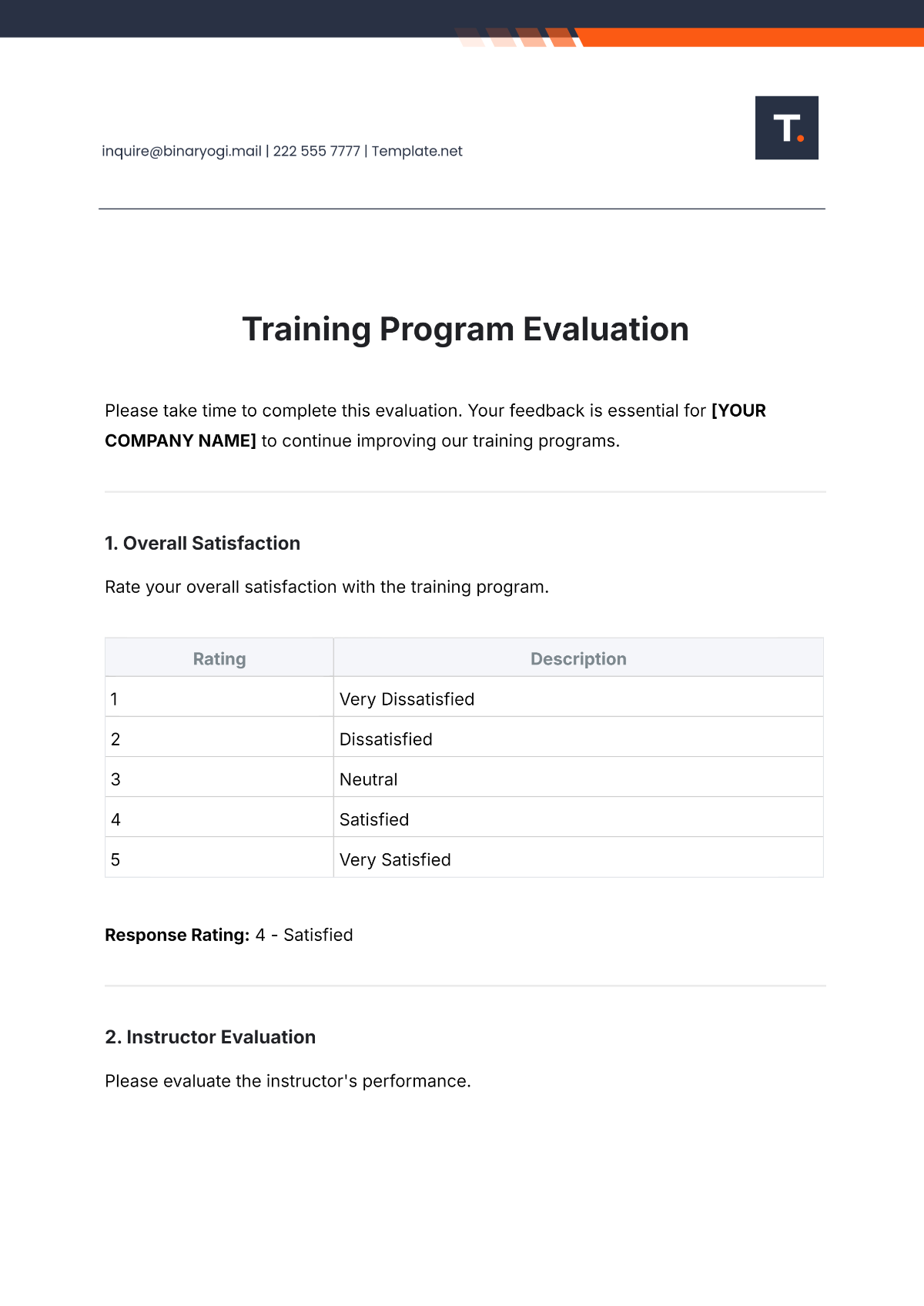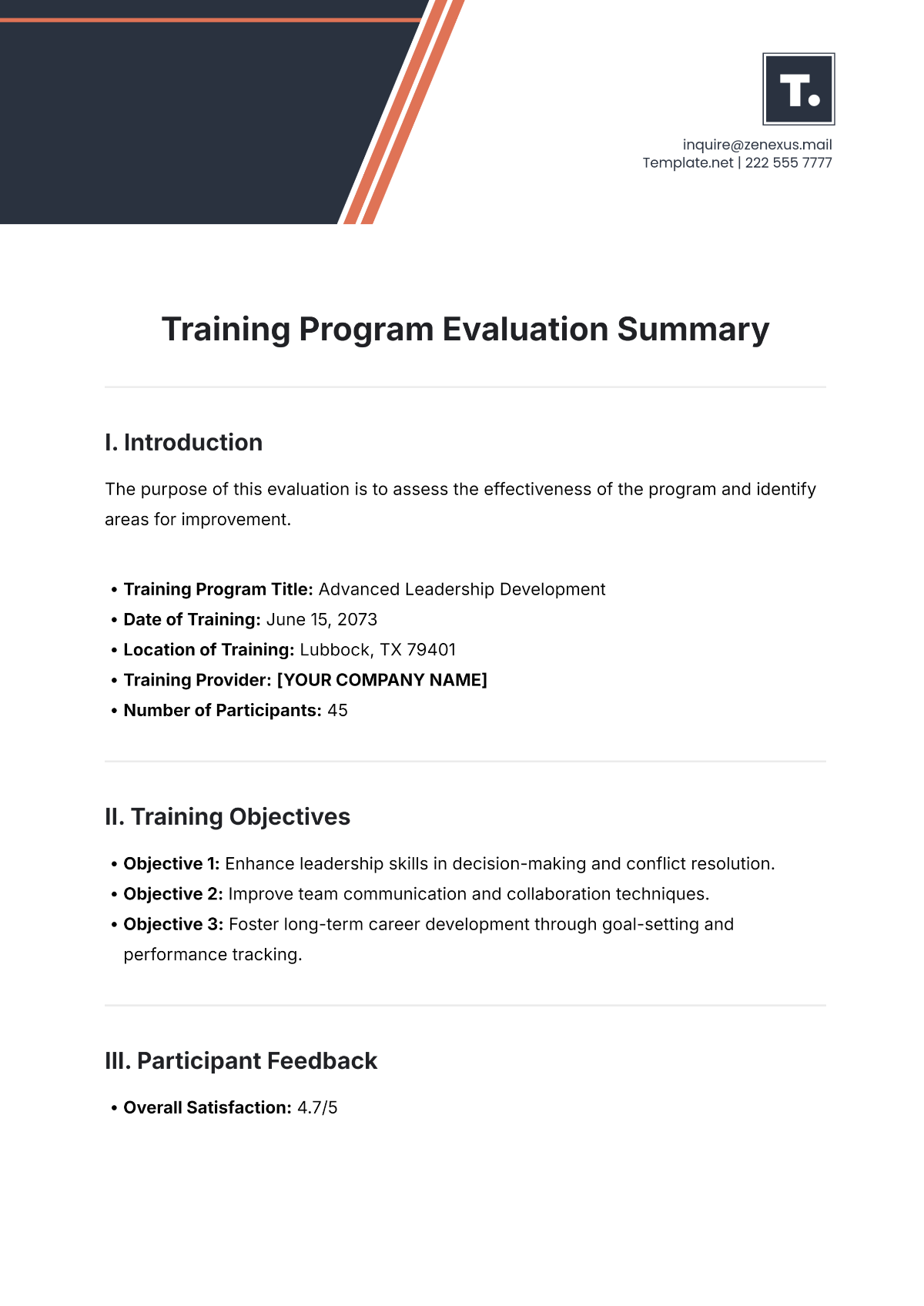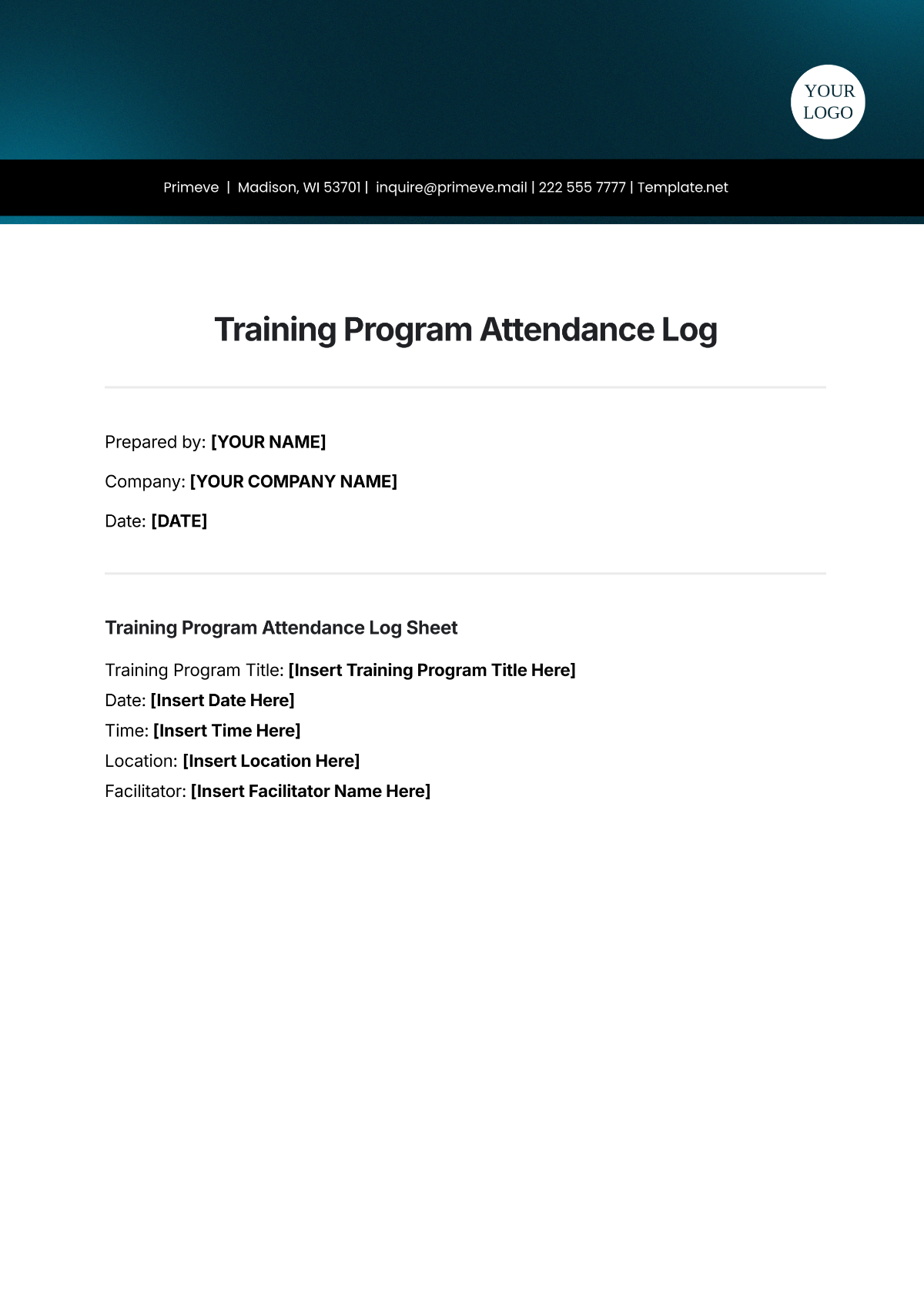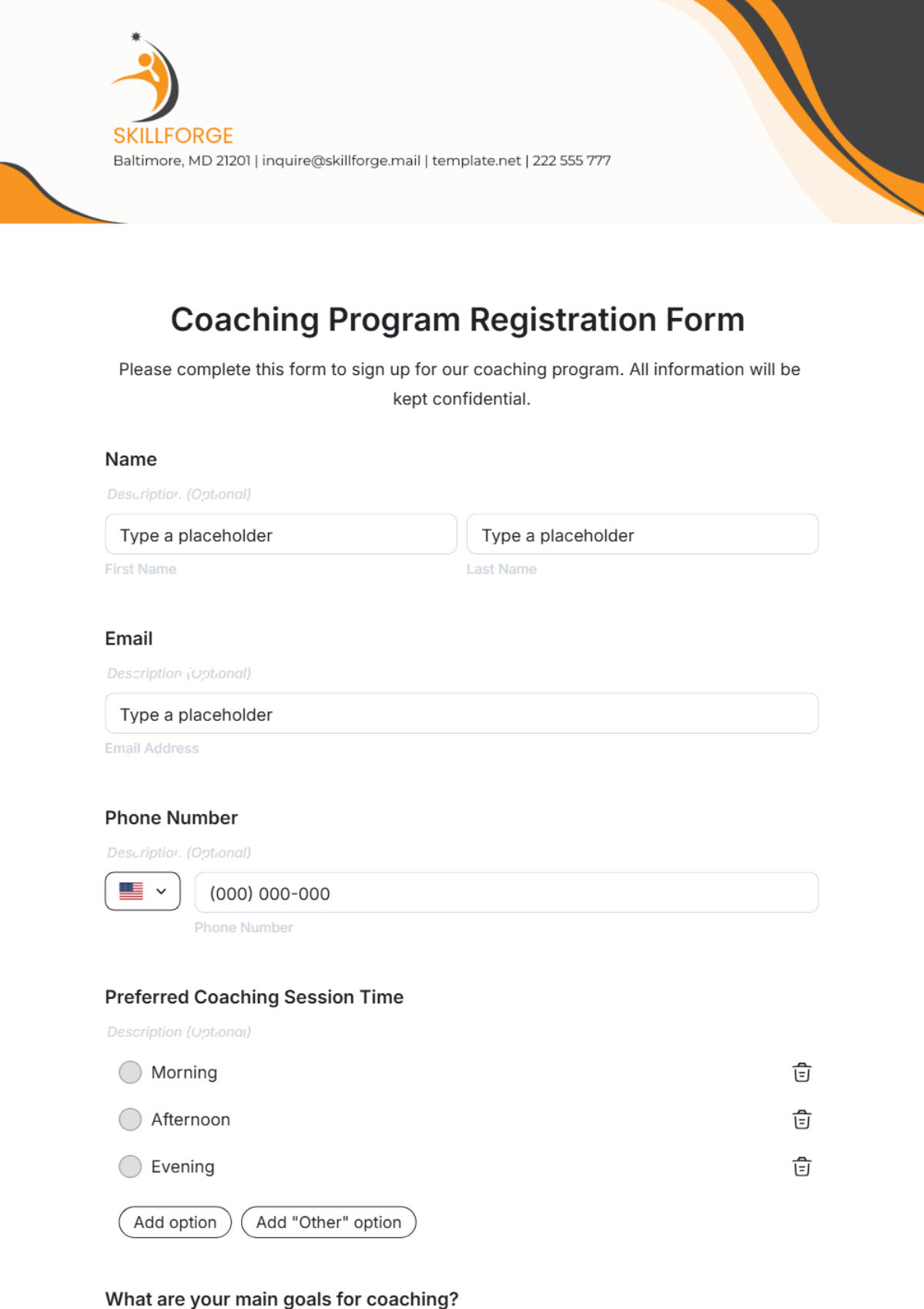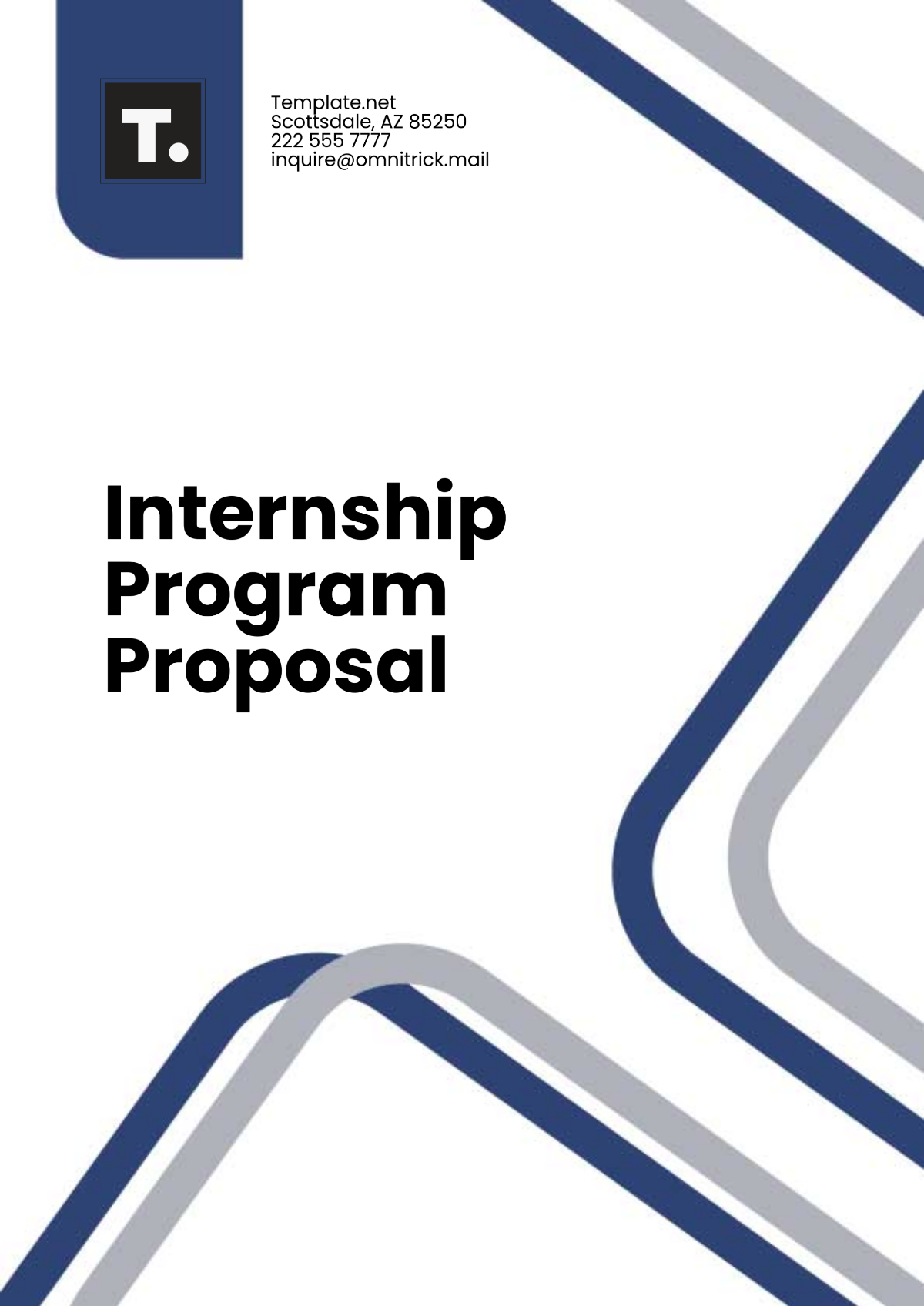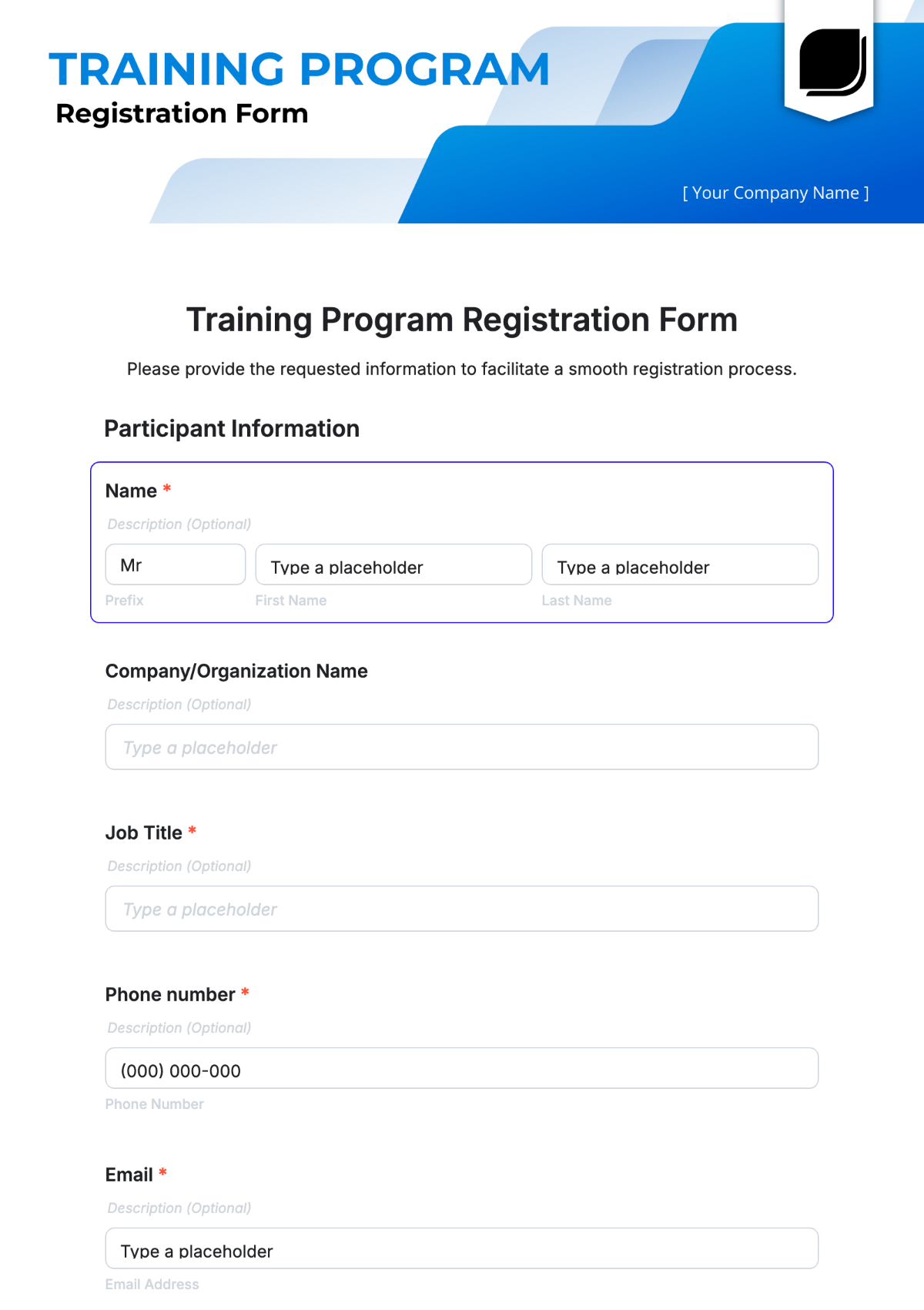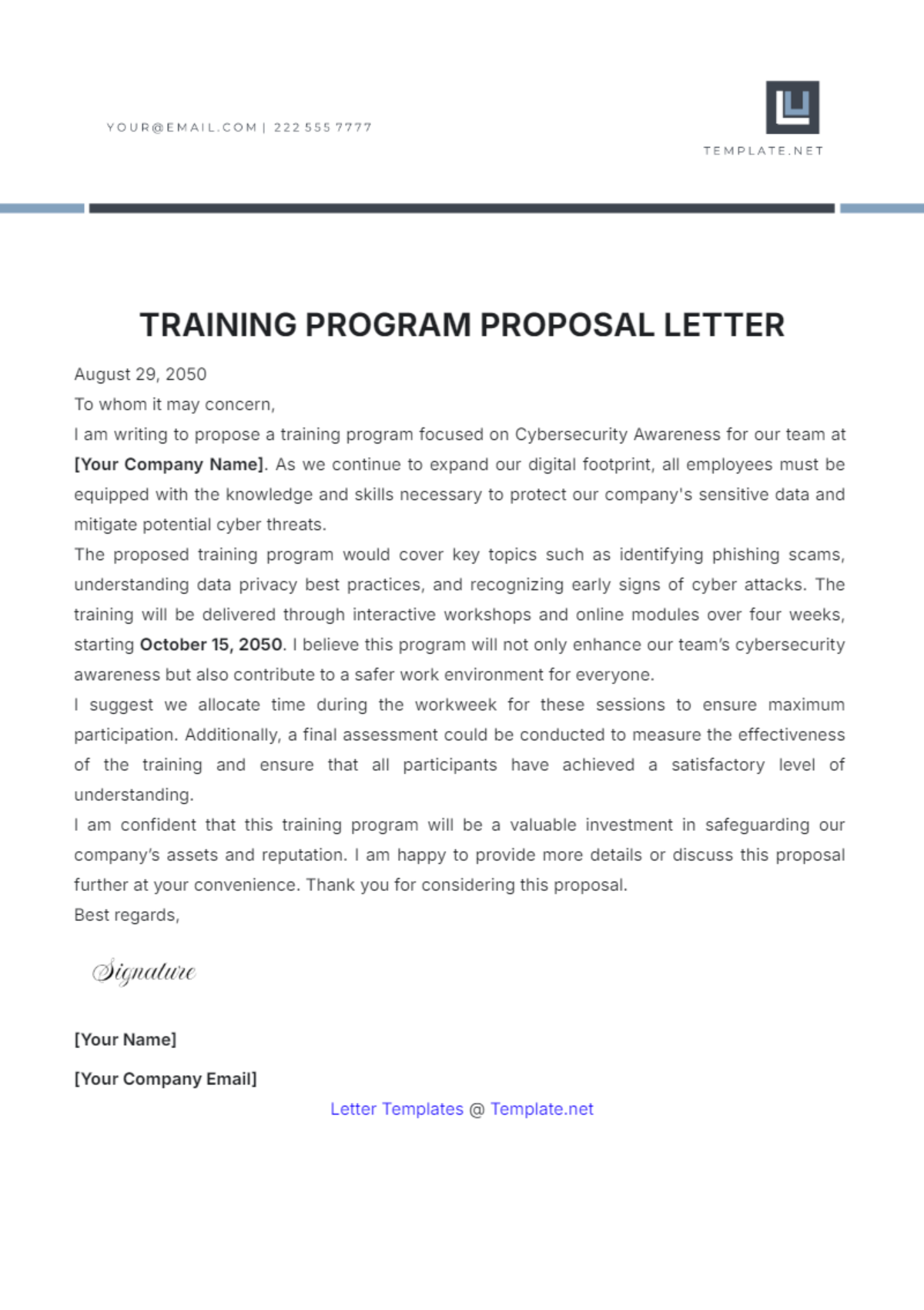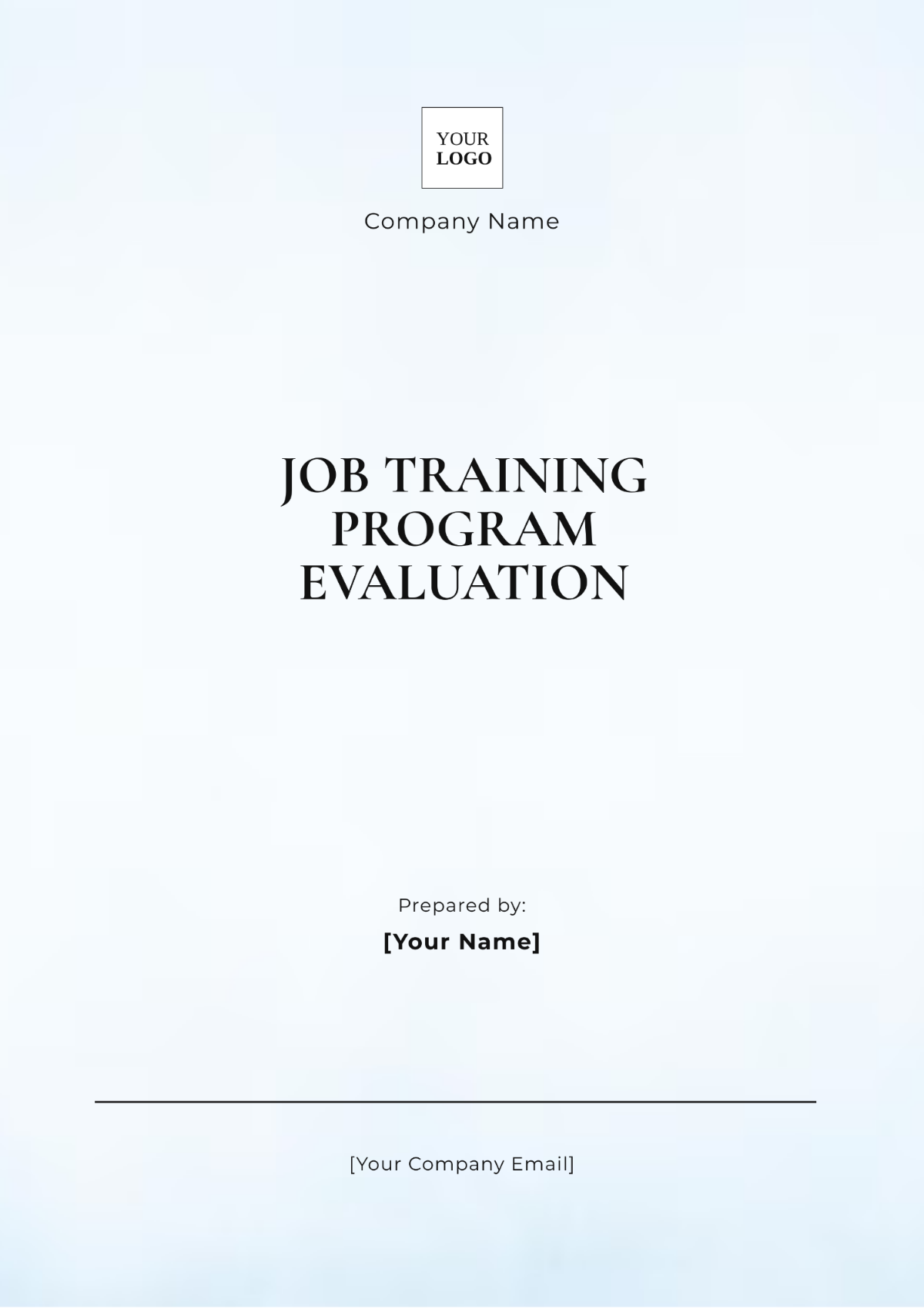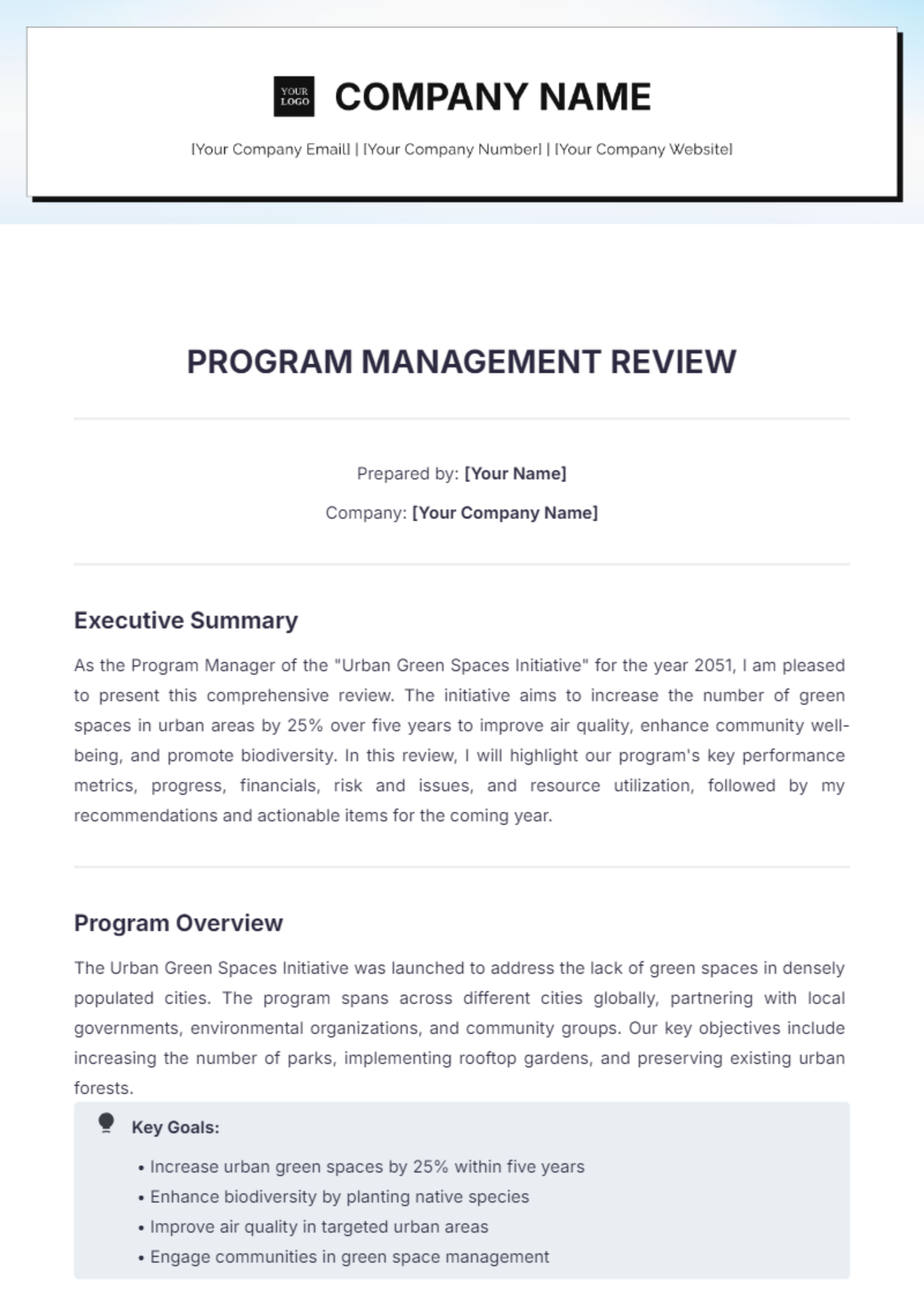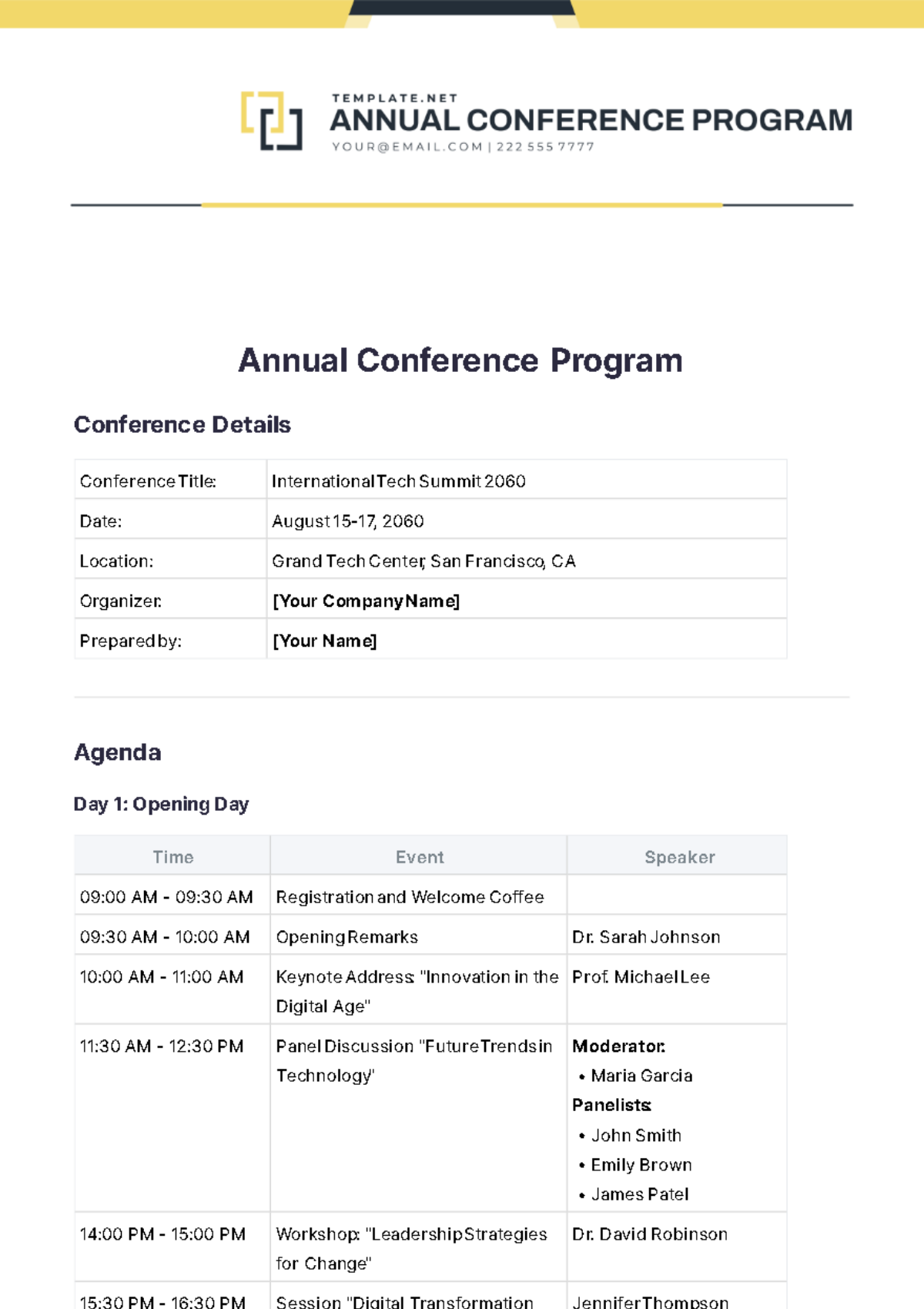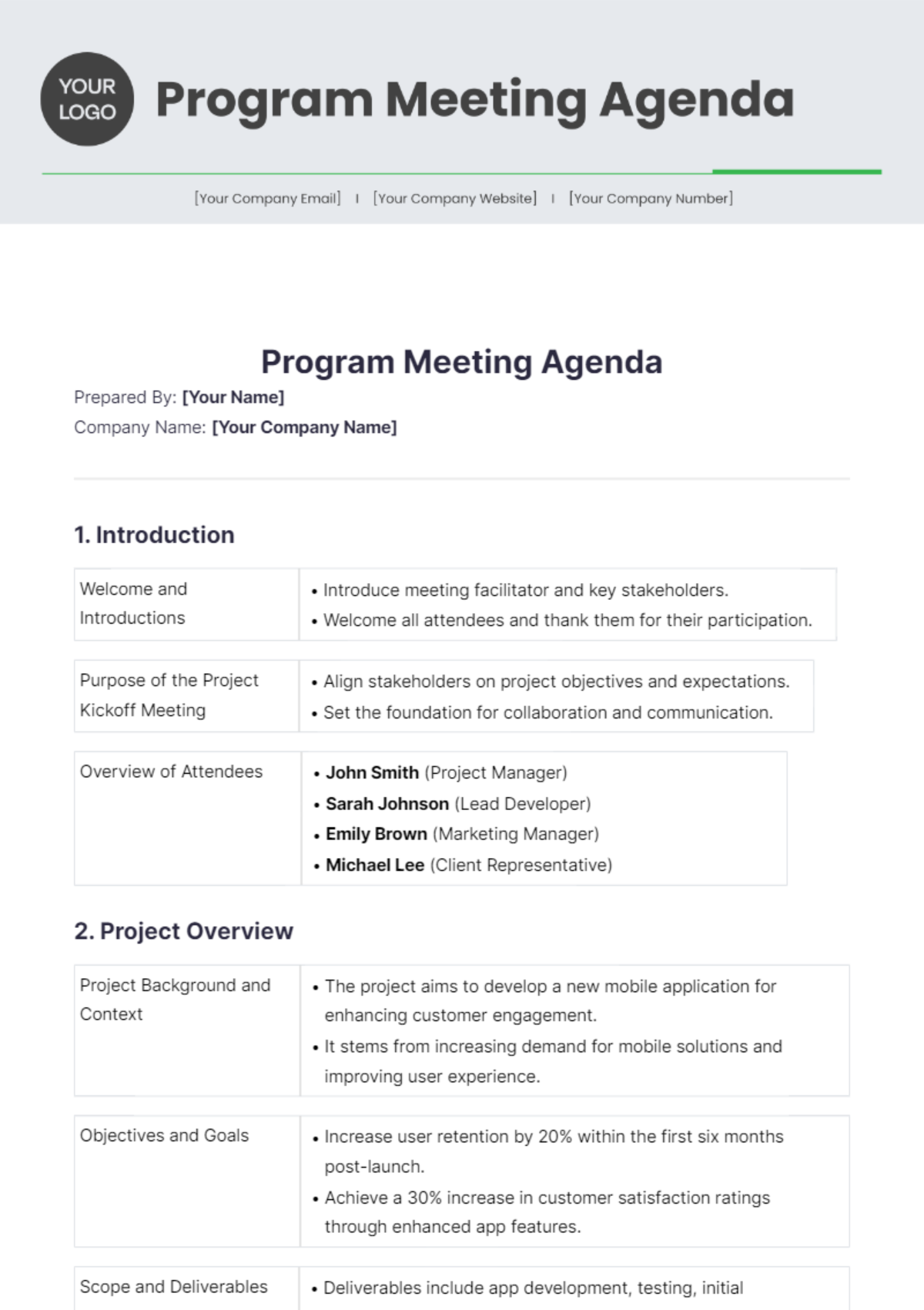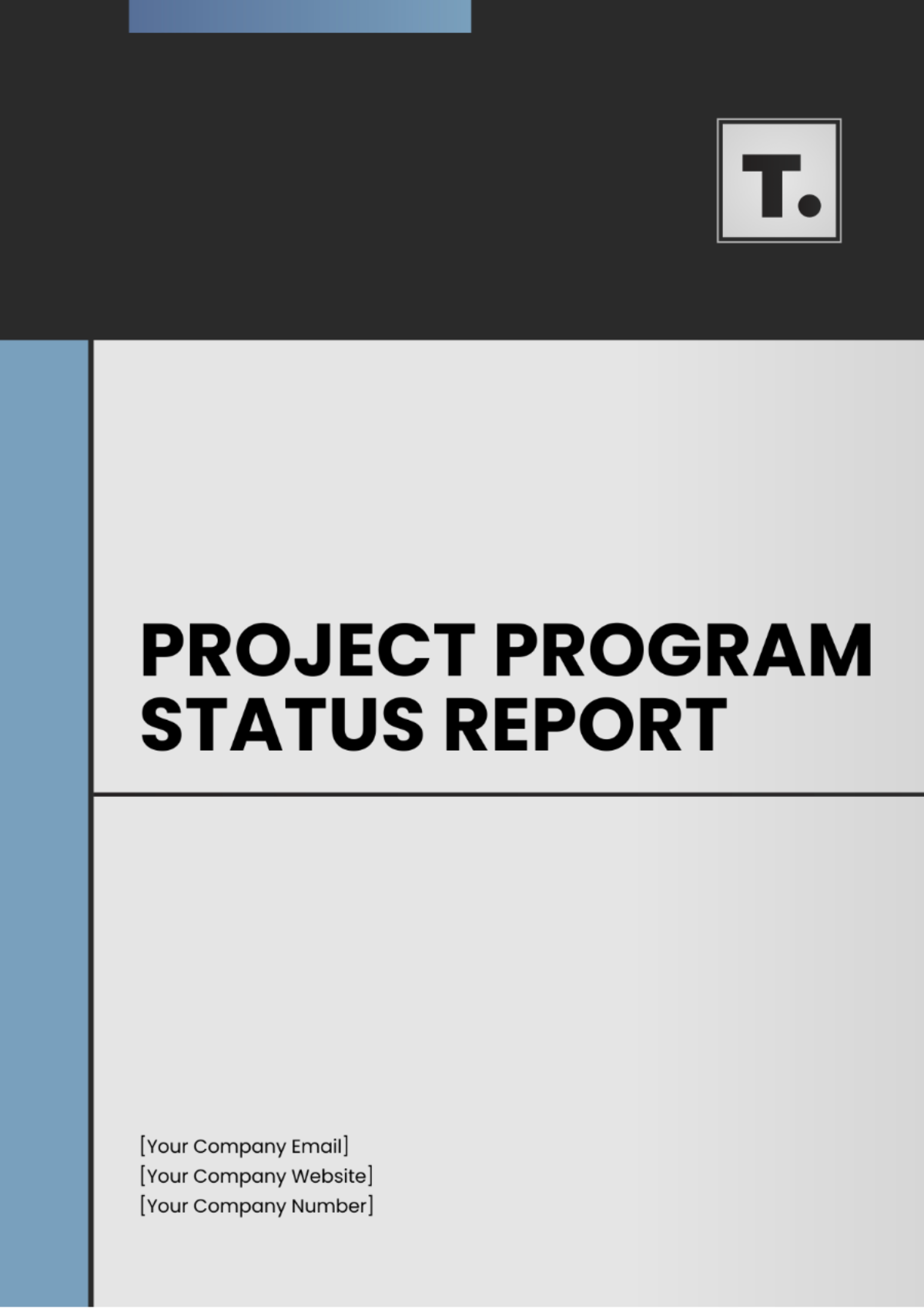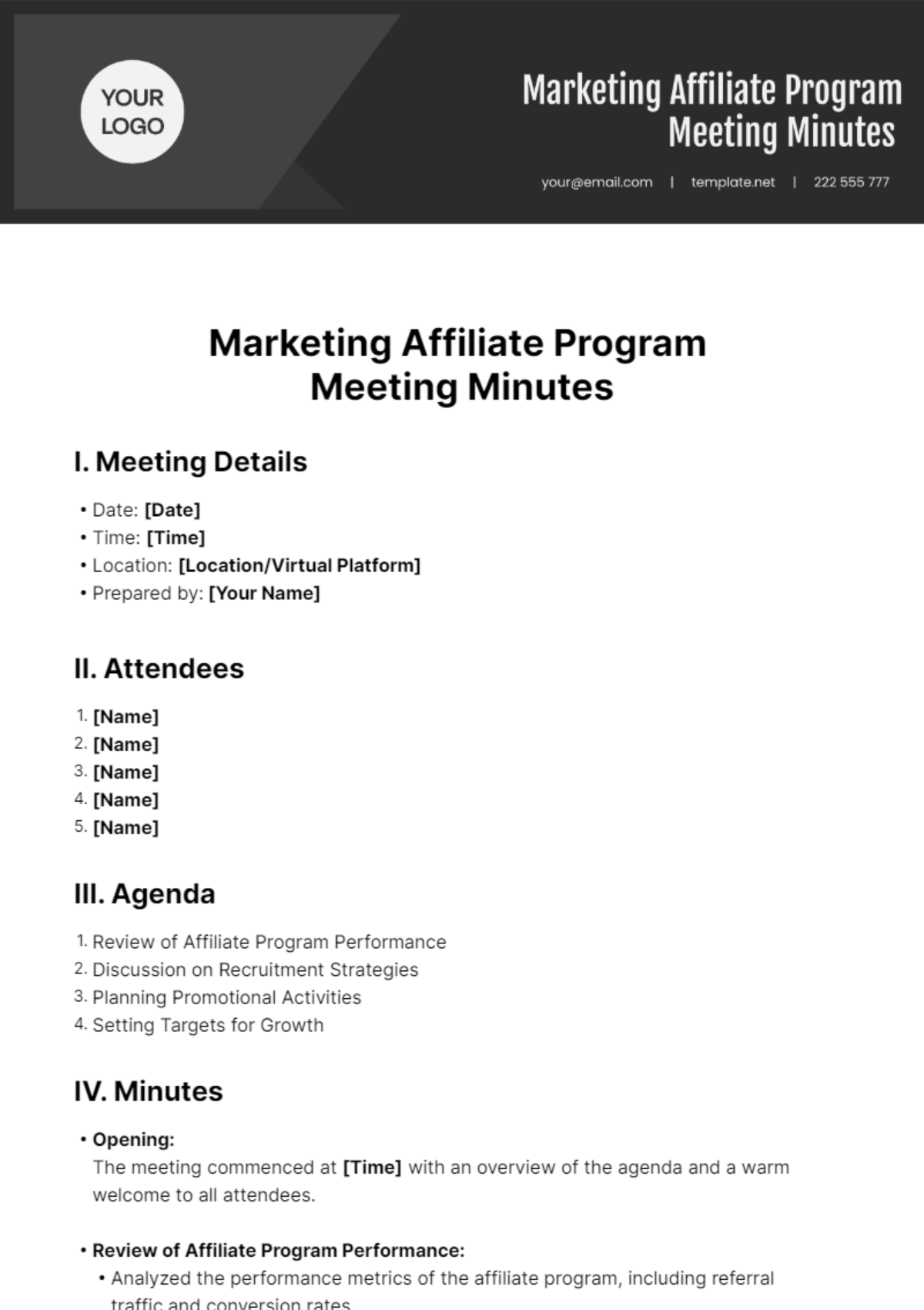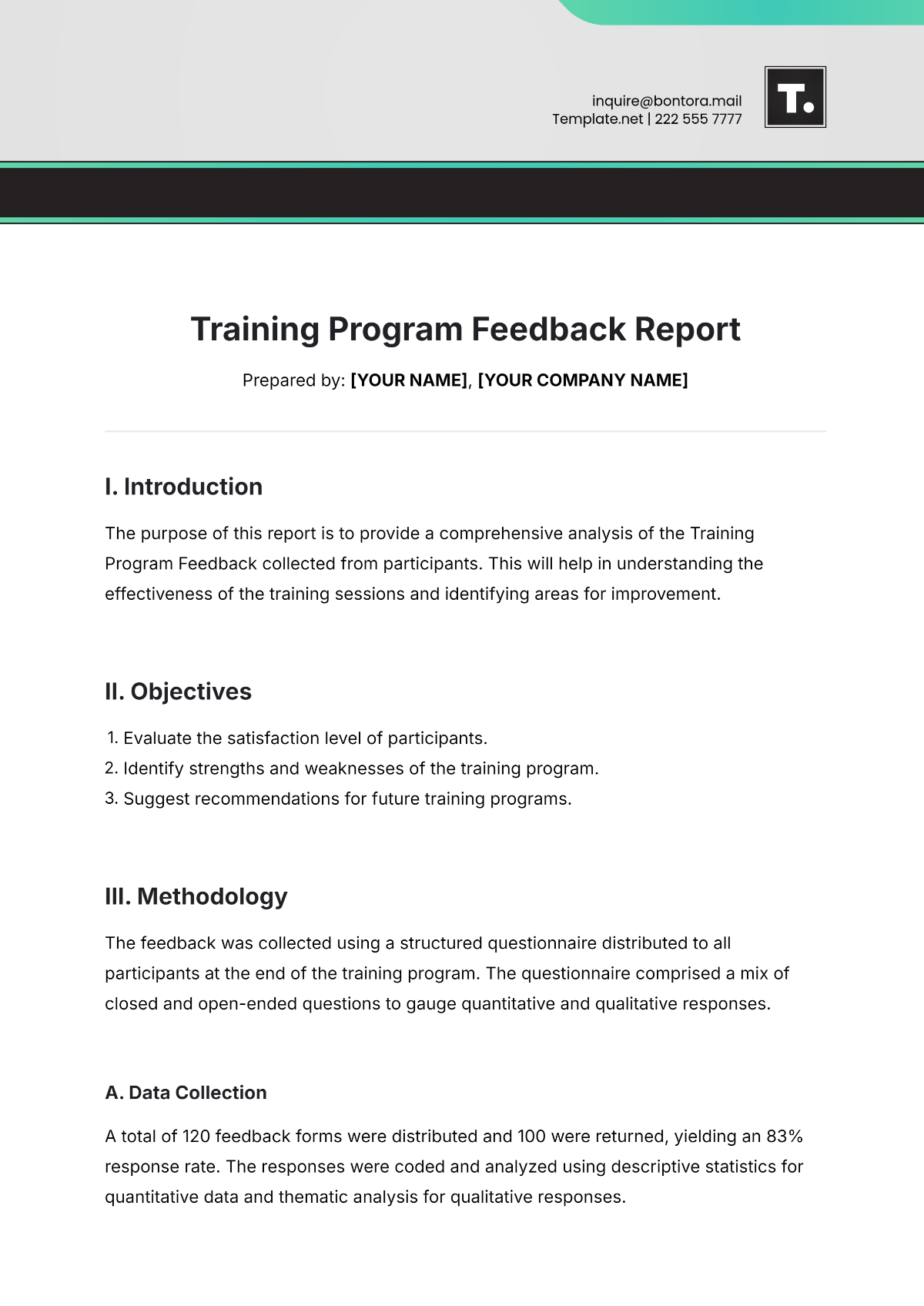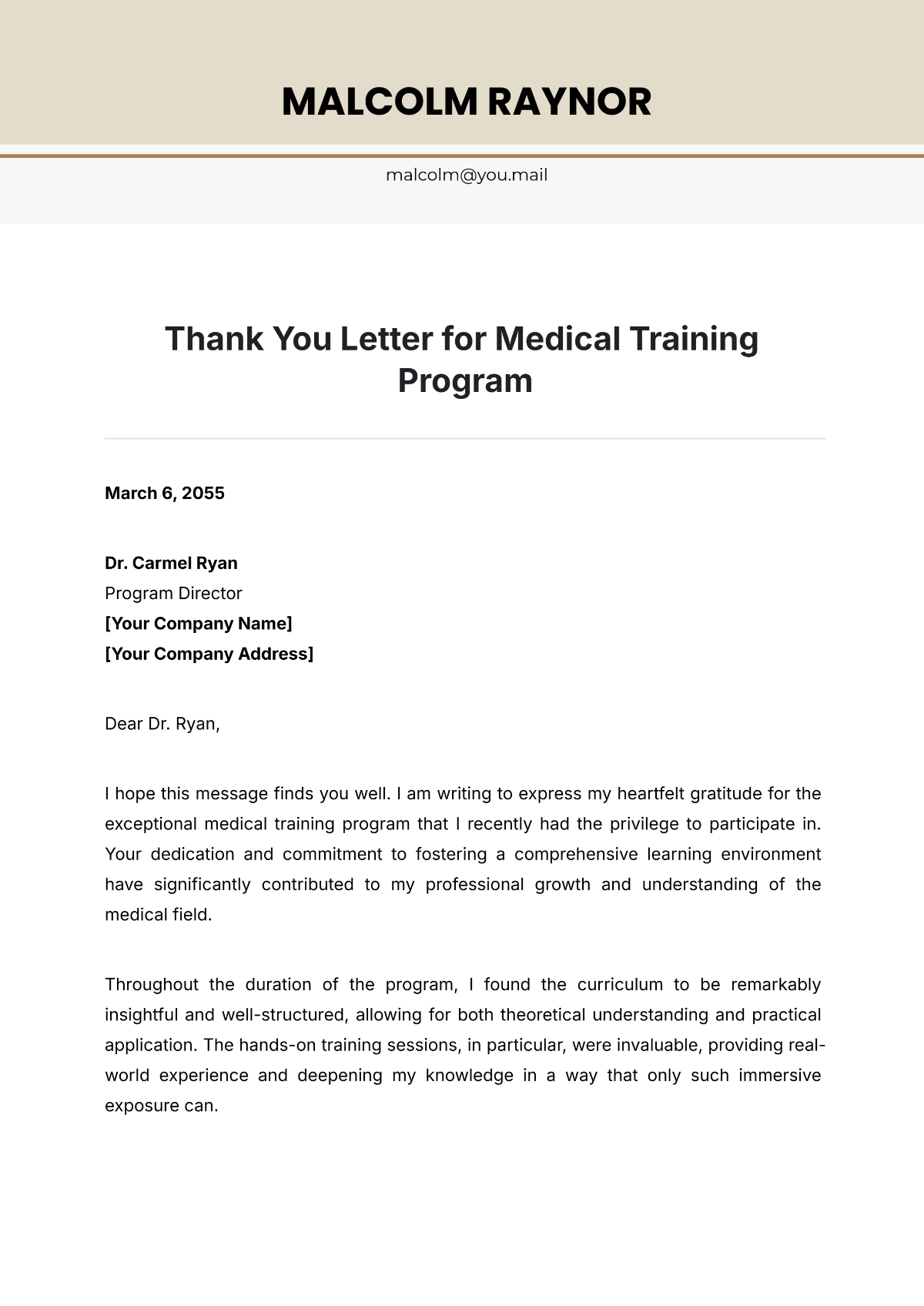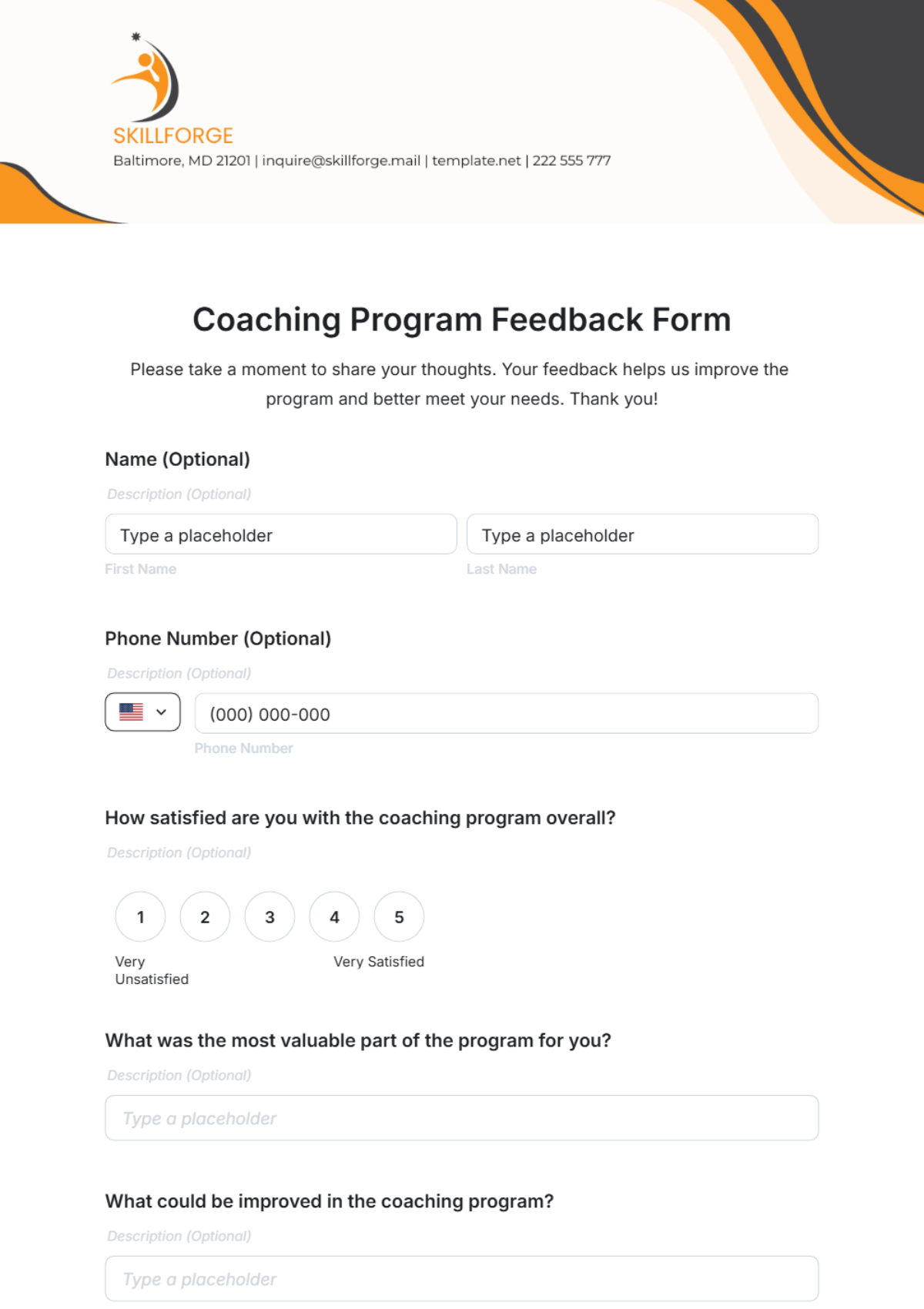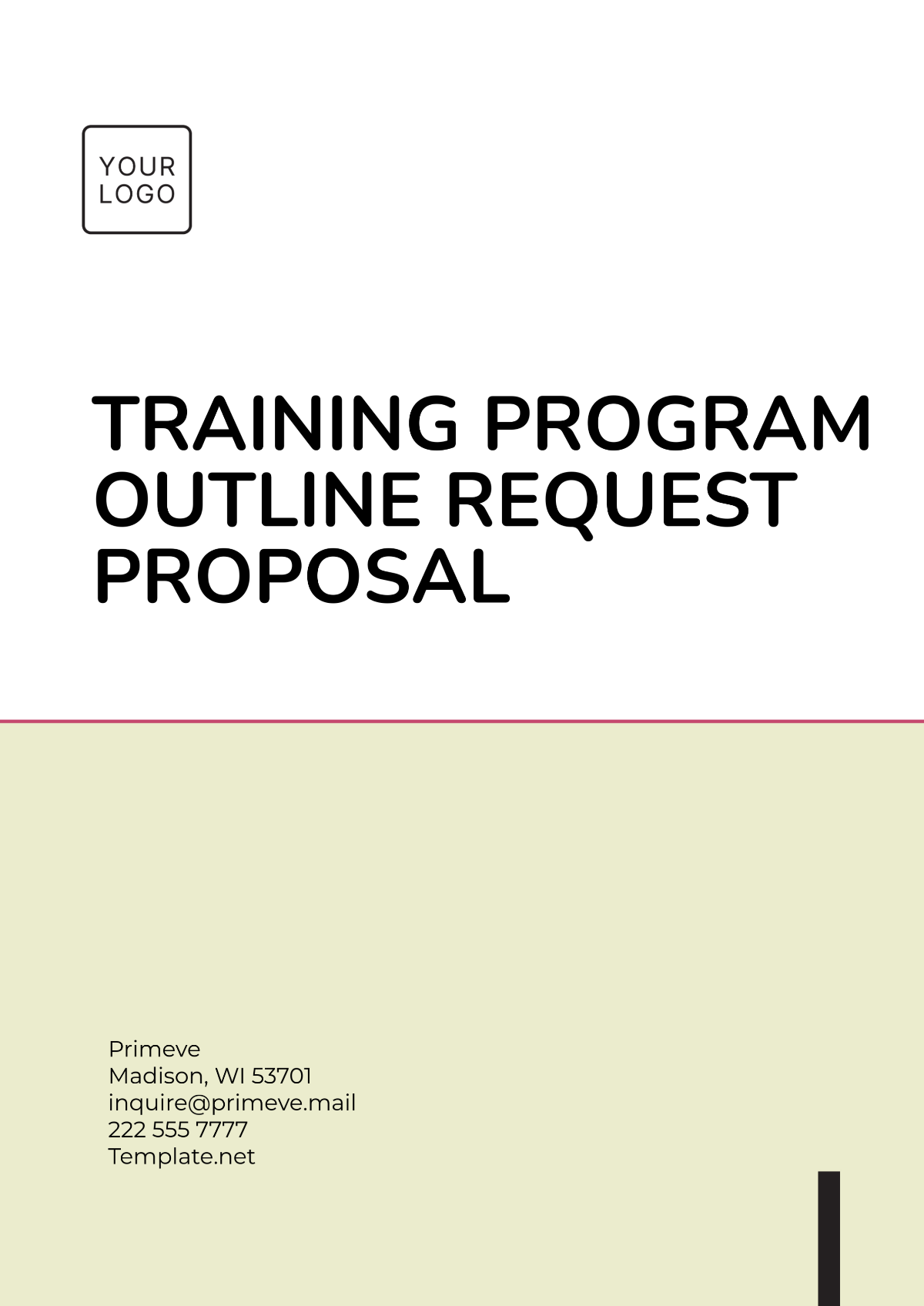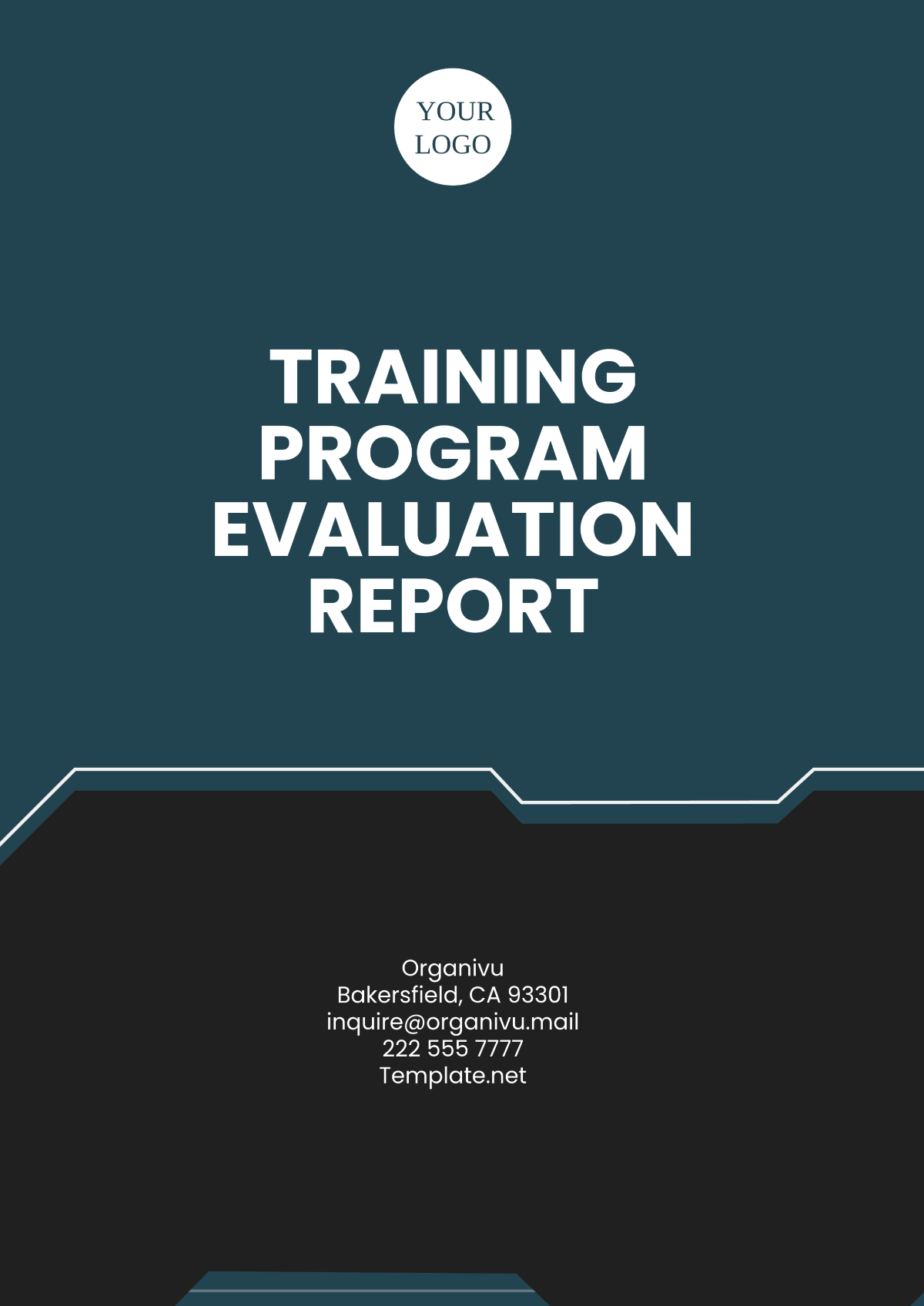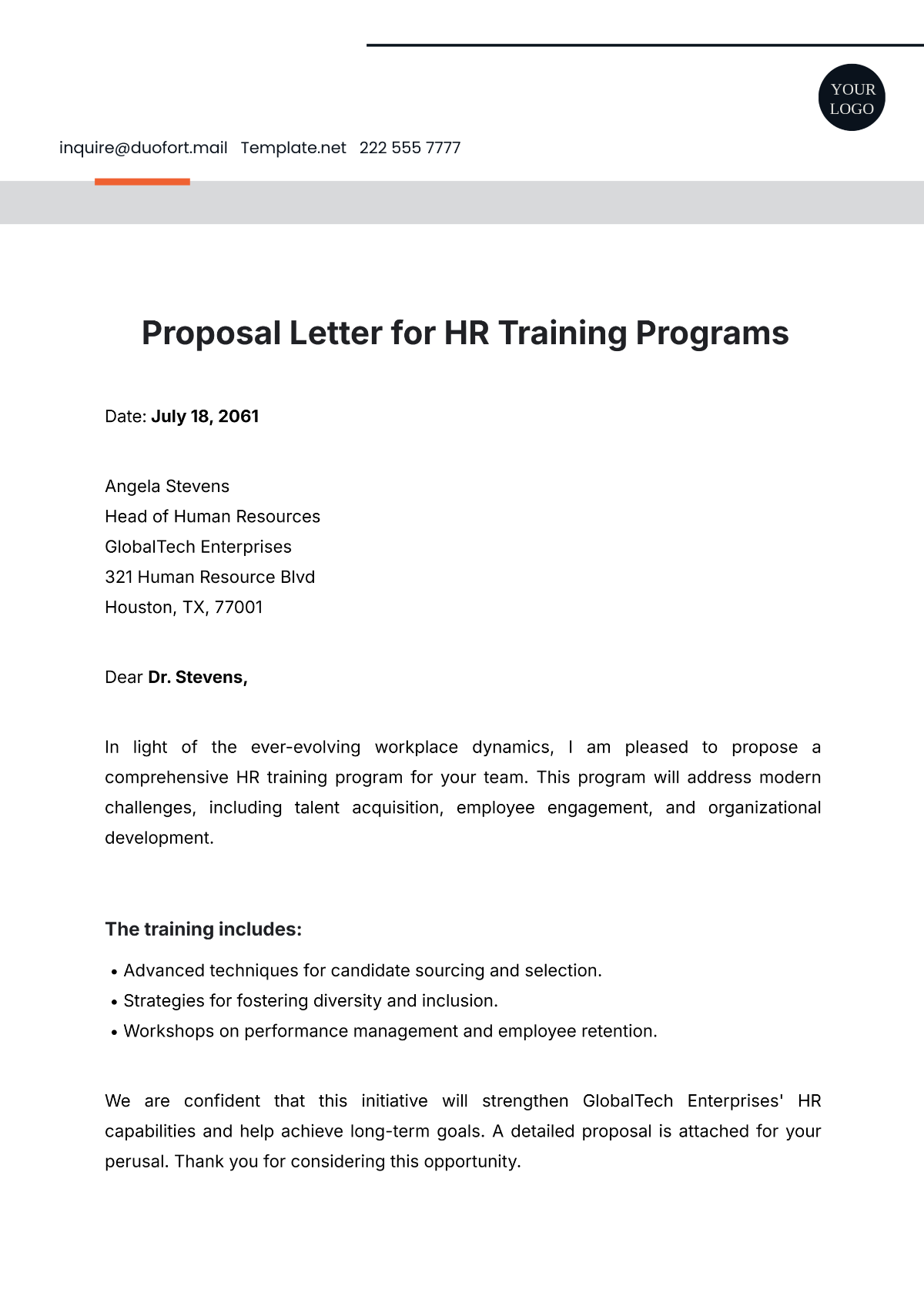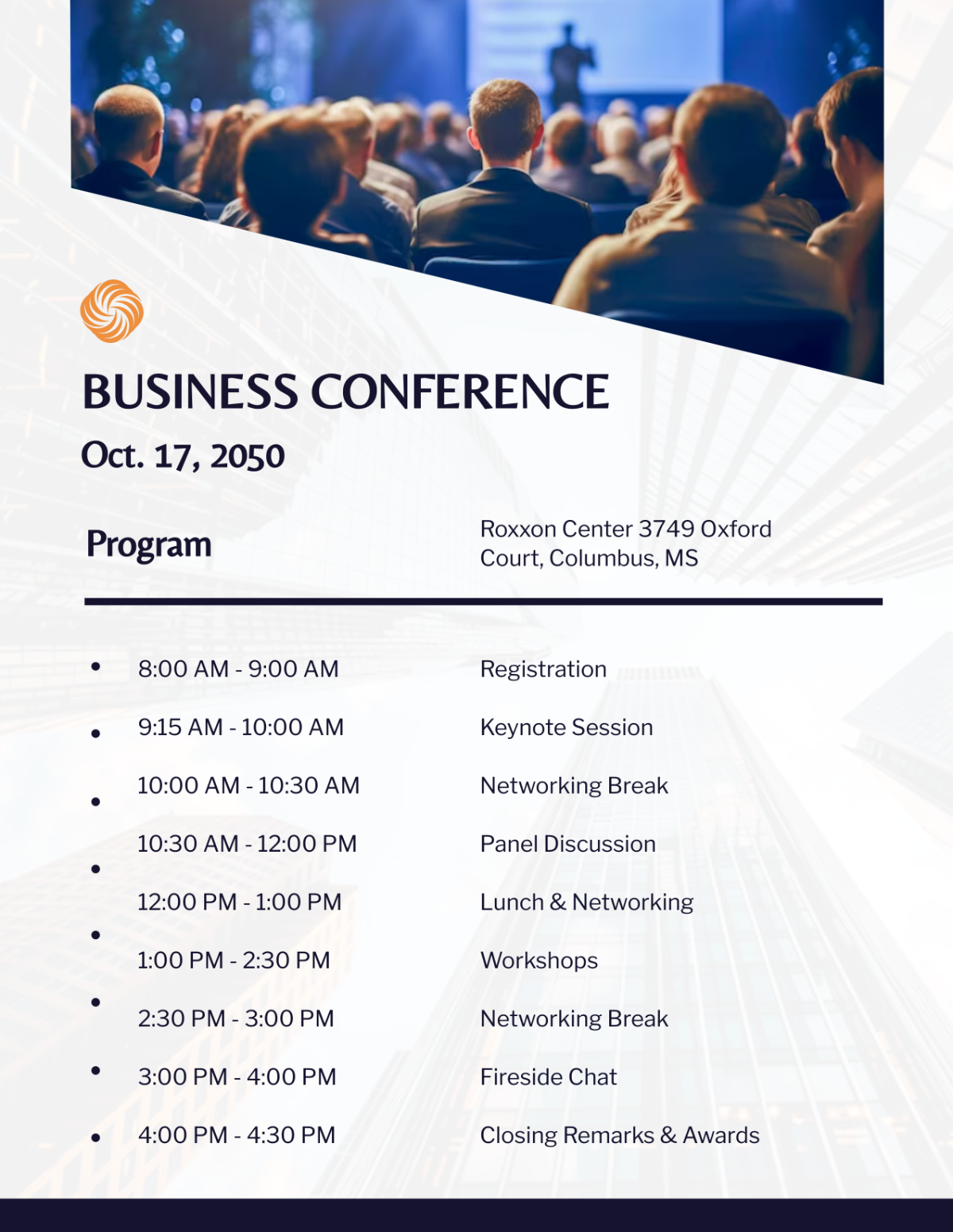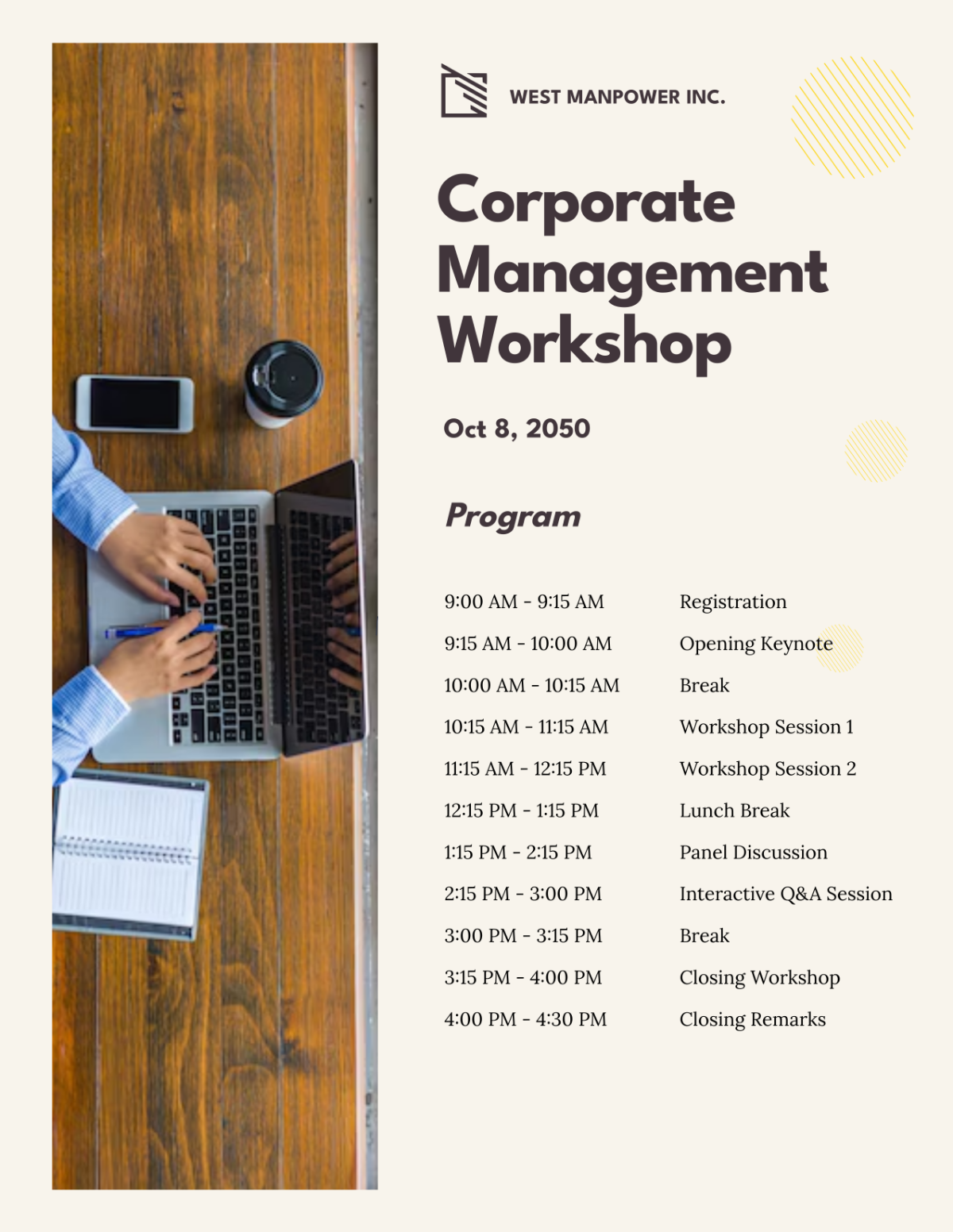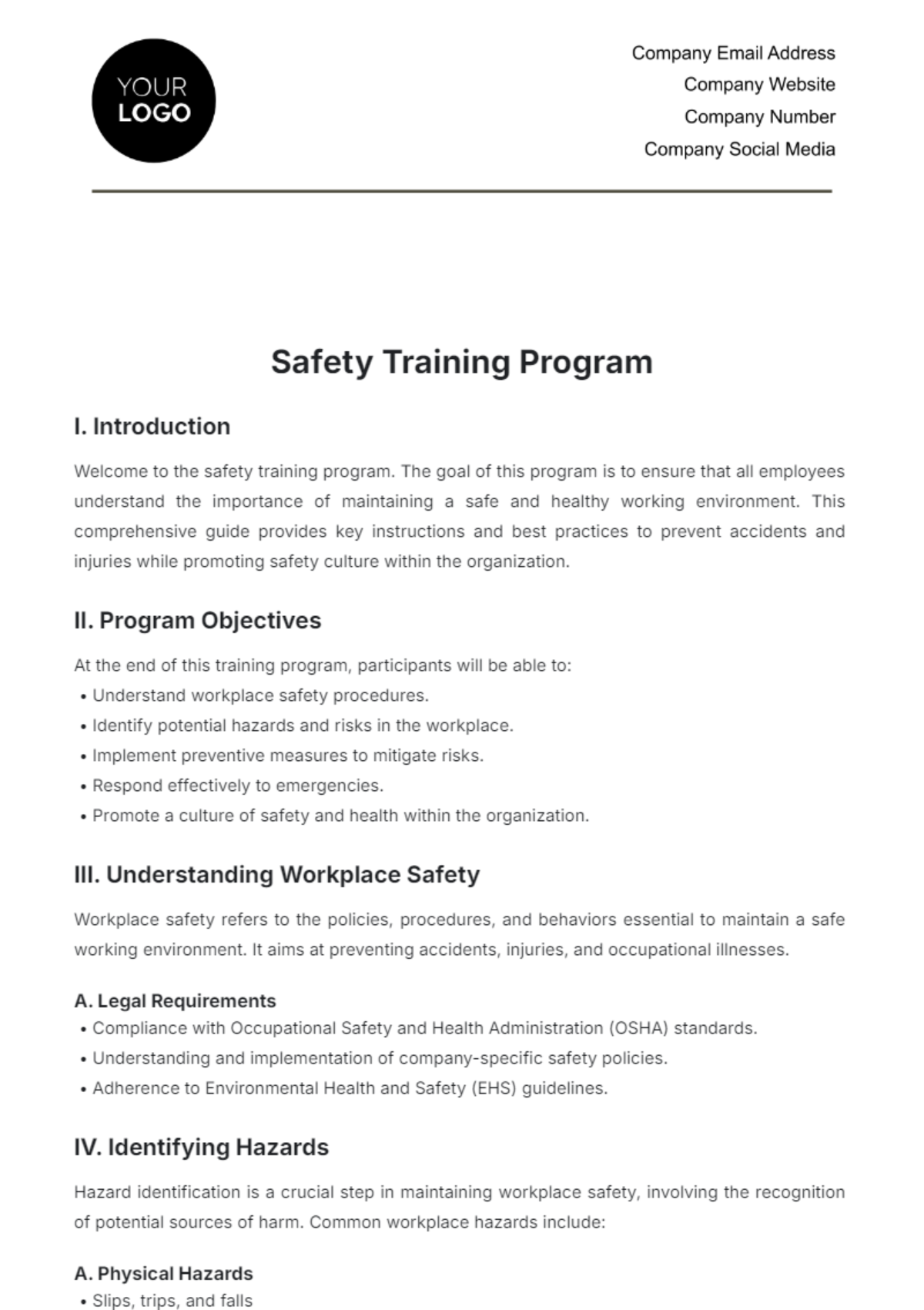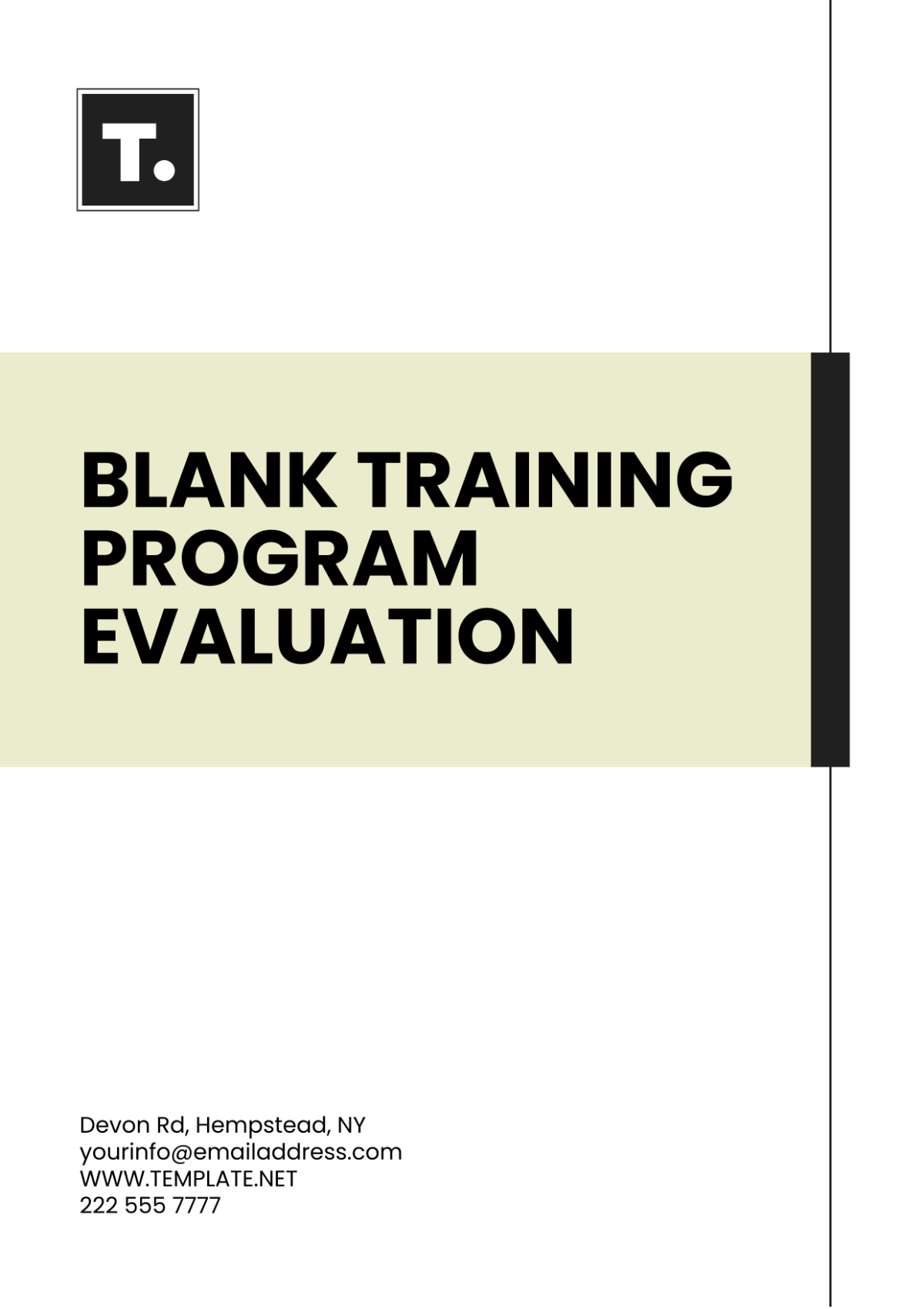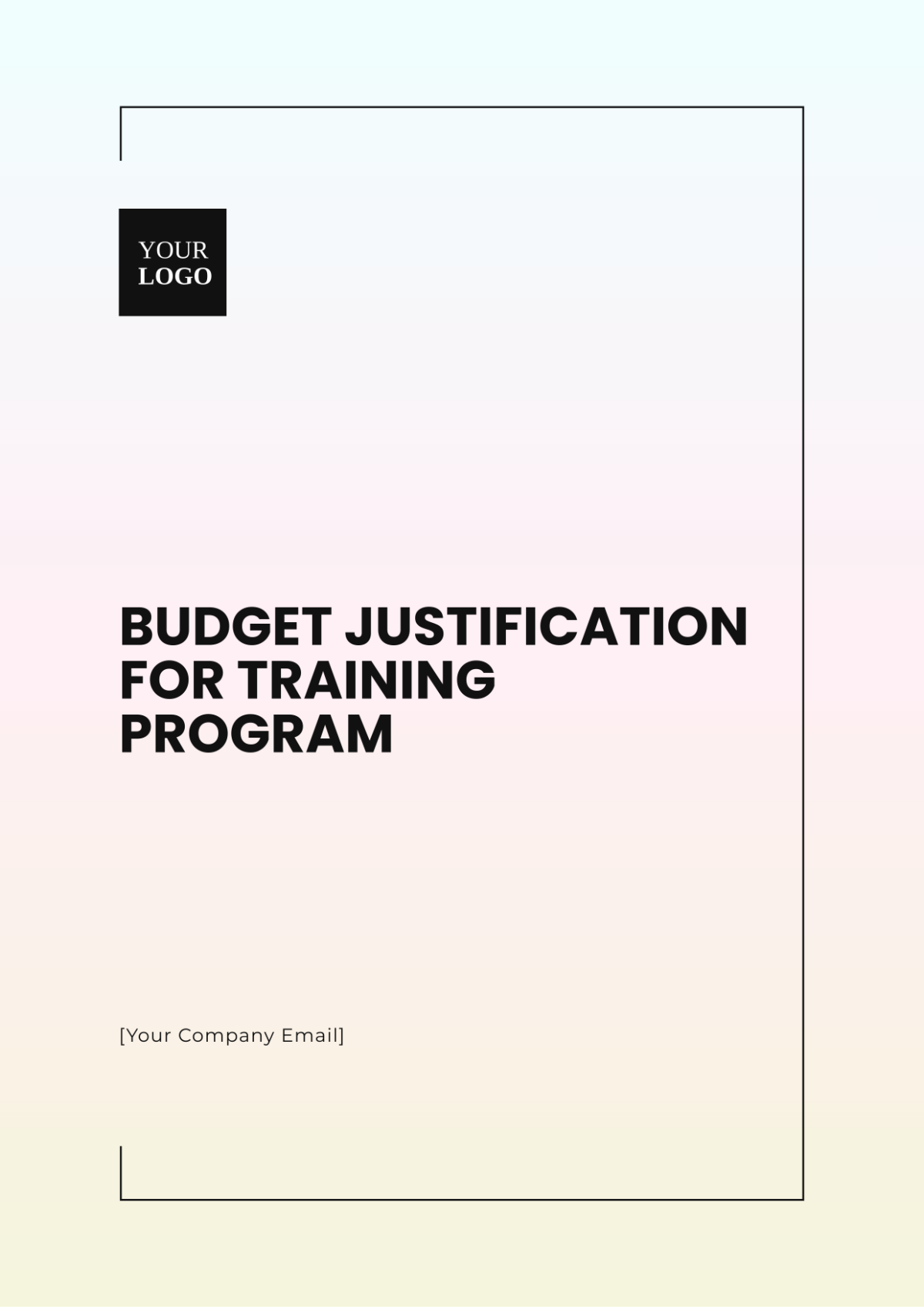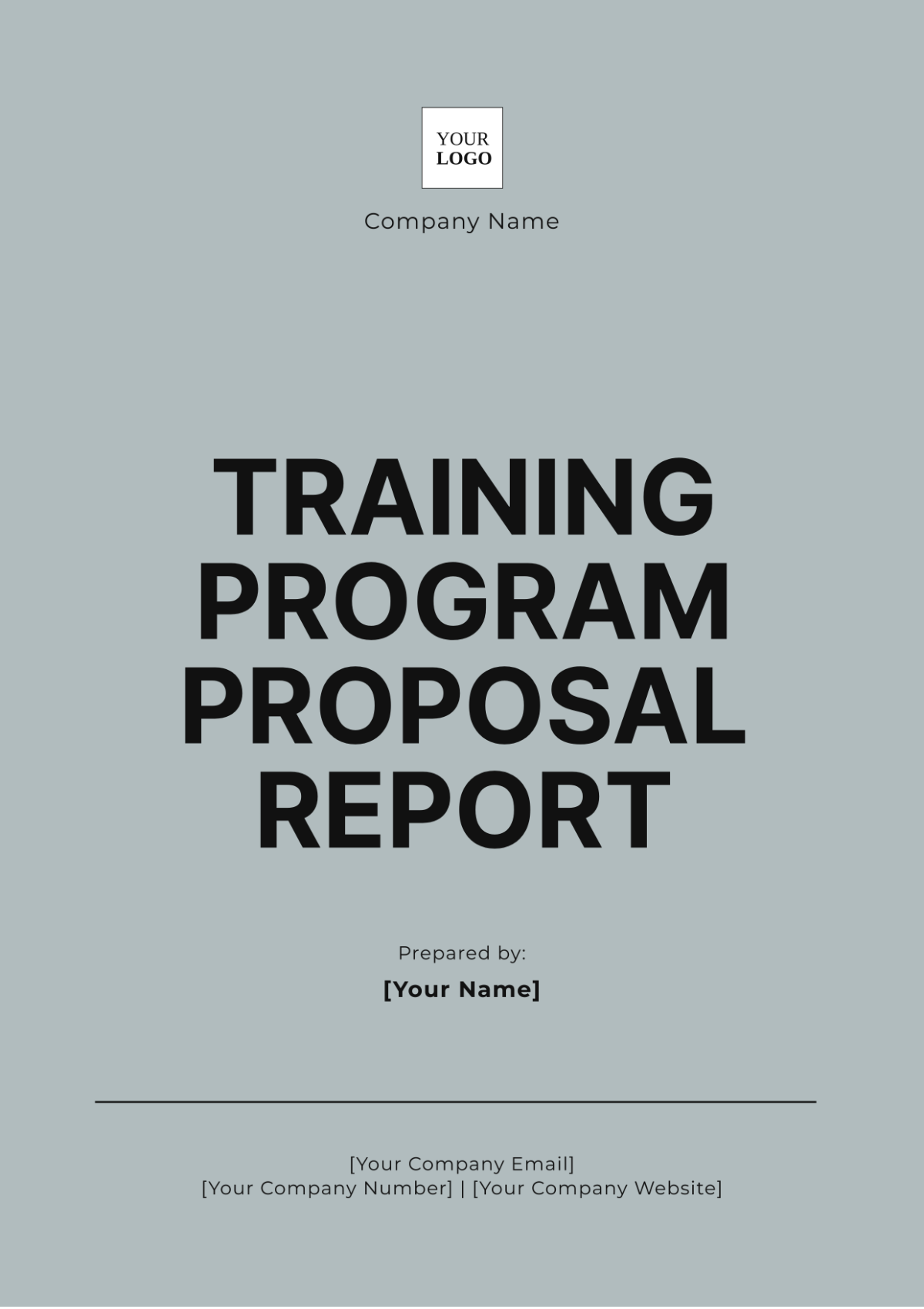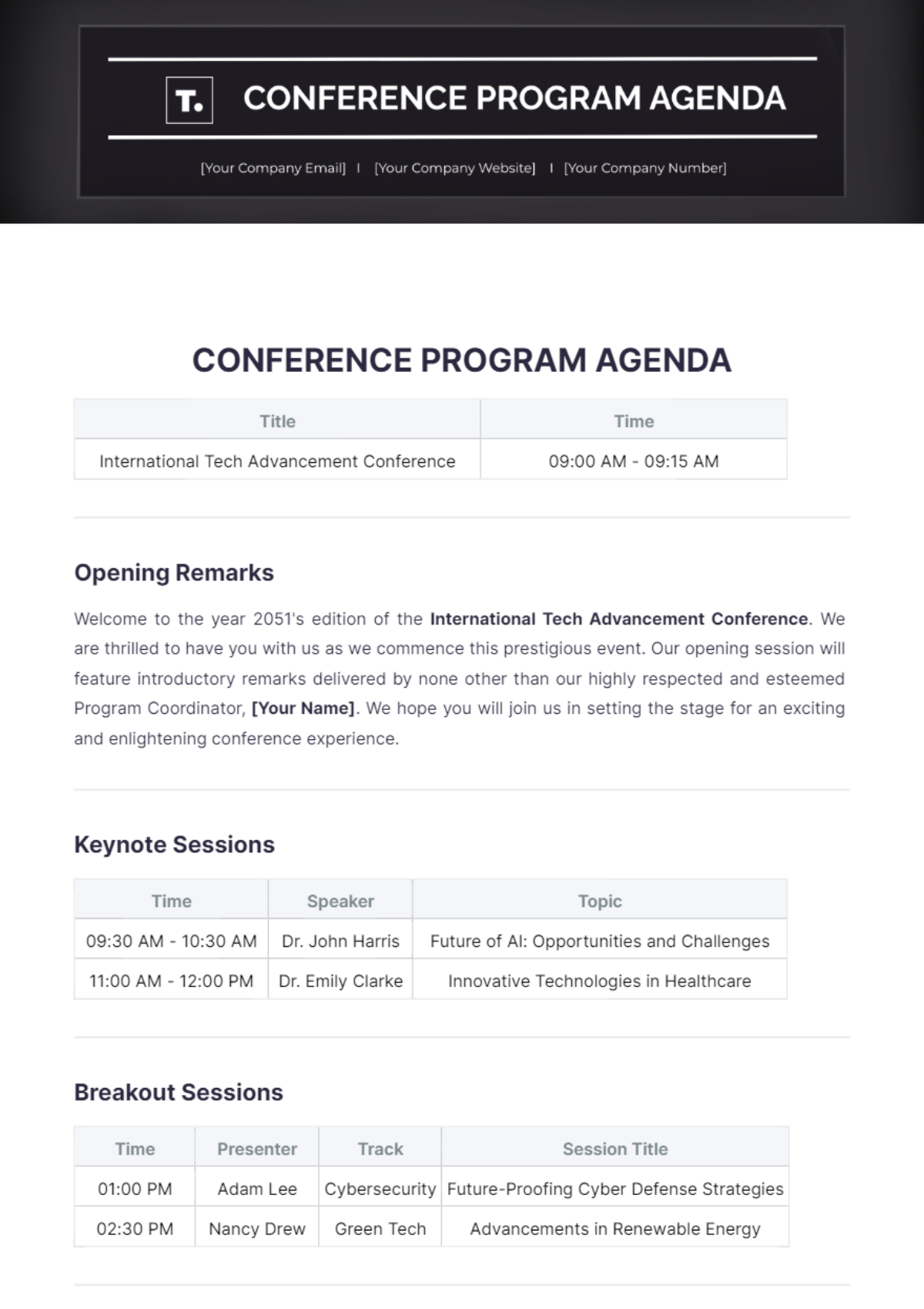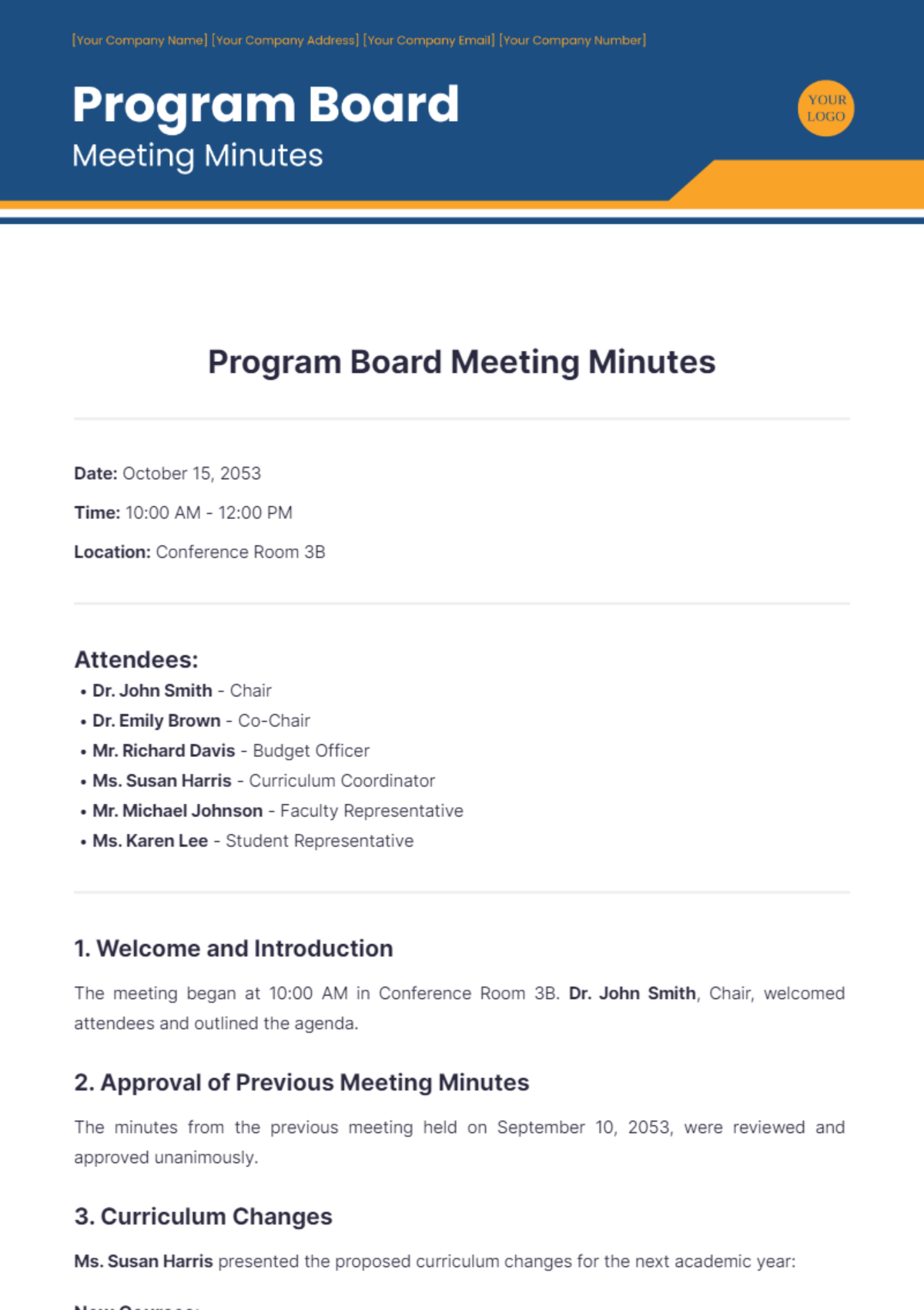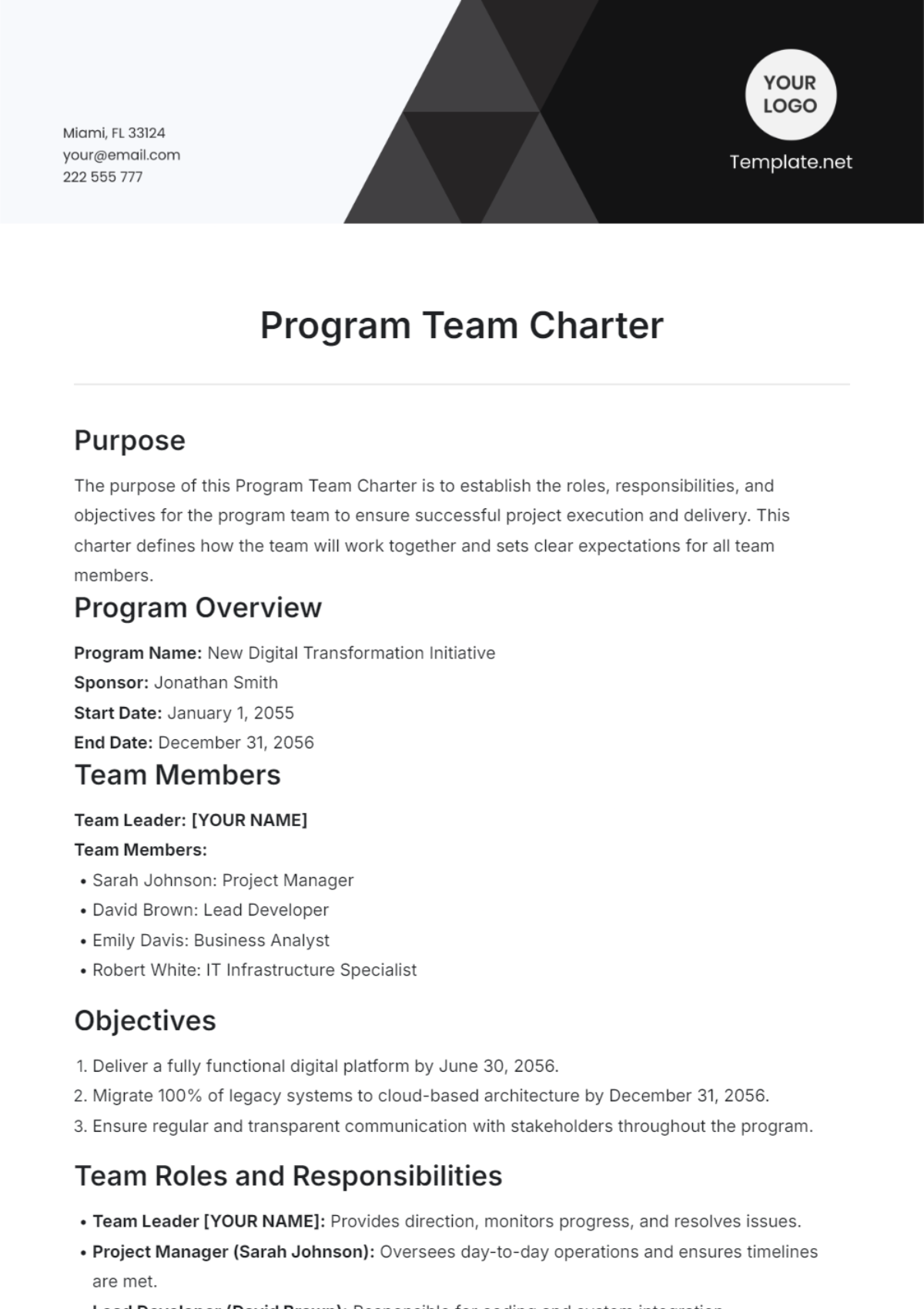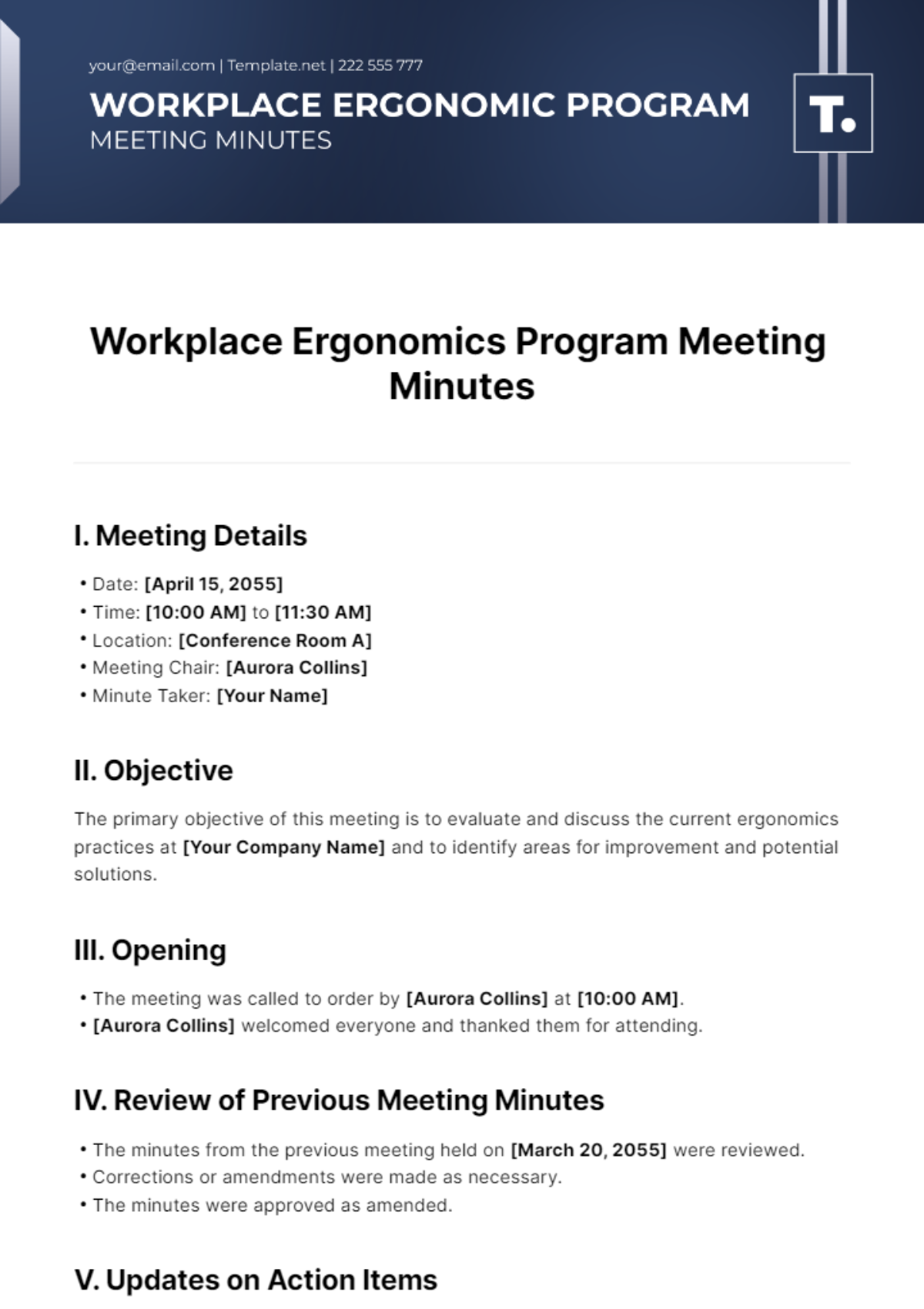Financial Program Plan
The Financial Optimization Initiative [2052] is designed to enhance [Your Company Name] Innovations' financial performance, maximize resource utilization, and streamline financial processes. This plan outlines the strategic actions and resources allocated for the initiative's successful implementation.
Objectives
Increase Operational Efficiency: Streamline financial processes to reduce costs and improve efficiency.
Enhance Financial Reporting Accuracy: Implement advanced tools and practices to improve the accuracy of financial reporting.
Optimize Budget Allocation: Reallocate budgets to align more closely with strategic business objectives.
Strengthen Financial Compliance: Ensure strict adherence to financial regulations and standards.
Key Actions
Process Re-engineering:
Audit current financial processes.
Identify areas for process automation and improvement.
Implement new systems and software to automate and optimize workflows.
Advanced Reporting Tools Implementation:
Invest in state-of-the-art financial reporting tools.
Train finance staff on new software capabilities.
Transition to real-time financial data analysis.
Budget Reallocation Strategy:
Conduct a comprehensive review of current budget allocations.
Reallocate funds to prioritize high-impact and growth areas.
Establish a flexible budgeting approach to respond to dynamic market conditions.
Compliance Enhancement Program:
Update internal policies to align with the latest financial regulations.
Conduct regular compliance training for all finance-related staff.
Implement a compliance monitoring system.
Timeline
Phase | Timeframe |
Process Re-engineering | Q1 - Q2, 2052 |
Reporting Tools Implementation | Q2 - Q3, 2052 |
Budget
Component | Allocated Budget |
Process Re-engineering | $500,000 |
Advanced Reporting Tools | $700,000 |
Budget Reallocation Strategy | $300,000 |
Compliance Enhancement Program | $500,000 |
Total Budget for Initiative | $2,000,000 |
Monitoring and Evaluation
Key Performance Indicators (KPIs):
Operational Costs Reduction: Track the decrease in operational costs resulting from streamlined processes.
Report Accuracy Improvement: Measure the enhancement in financial reporting accuracy post-implementation of advanced tools.
ROI from Budget Reallocation: Evaluate the effectiveness of reallocating budgets towards high-impact areas, aiming to maximize ROI.
Compliance Audit Results: Assess the success of the compliance program through internal and external audit outcomes.
Reporting:
Quarterly Progress Reports: Detailed reports will be prepared quarterly, assessing progress against the defined KPIs.
Annual Review: A comprehensive annual review will be conducted to evaluate the overall impact of the initiative on financial performance.
Stakeholder Feedback: Regular feedback from key stakeholders will be solicited to continuously improve the initiative.
Adjustments and Continuous Improvement:
Data-Driven Adjustments: Based on quarterly reports and annual reviews, adjustments will be made to optimize the initiative.
Continuous Learning: Lessons learned will be documented and applied to future financial strategies and programs.
Conclusion
The Financial Optimization Initiative 2052 is a critical step in [Your Company Name]’ journey towards financial excellence. By investing in this initiative, we aim to not only improve our financial health but also support our long-term strategic goals.
